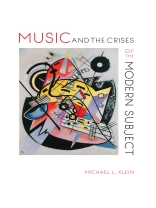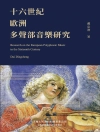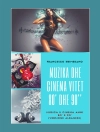Departing from the traditional German school of music theorists, Michael Klein injects a unique French critical theory perspective into the framework of music and meaning. Using primarily Lacanian notions of the symptom, that unnamable jouissance located in the unconscious, and the registers of subjectivity (the Imaginary, the Symbolic Order, and the Real), Klein explores how we understand music as both an artistic form created by ‘the subject’ and an artistic expression of a culture that imposes its history on this modern subject. By creatively navigating from critical theory to music, film, fiction, and back to music, Klein distills the kinds of meaning that we have been missing when we perform, listen to, think about, and write about music without the insights of Lacan and others into formulations of modern subjectivity.
表中的内容
Acknowledgements
Introduction
1. Music and the Symptom
2. The Acoustic Mirror as Formative of Auditory Pleasure and Fantasy: Chopin’s Berceuse, Brahms’s Romanze, and Saariaho’s ‘Parfum de l’instant’
3. Debussy and the Three Machines of the Proustian Narrative
4. Chopin Dreams: the Mazurka in C# Minor as Sinthome
Intermezzo: On Agency
5. Postmodern Quotation, the Signifying Chain, and the Erasure of History
6. Lutosławski, Molar and Molecular
Works Cited
Index
关于作者
Michael Klein is Professor of Music Studies at Temple University. He is author of Intertextuality in Western Art Music (IUP, 2004) and editor (with Nicholas Reyland), of Music and Narrative since 1900 (IUP, 2012).












